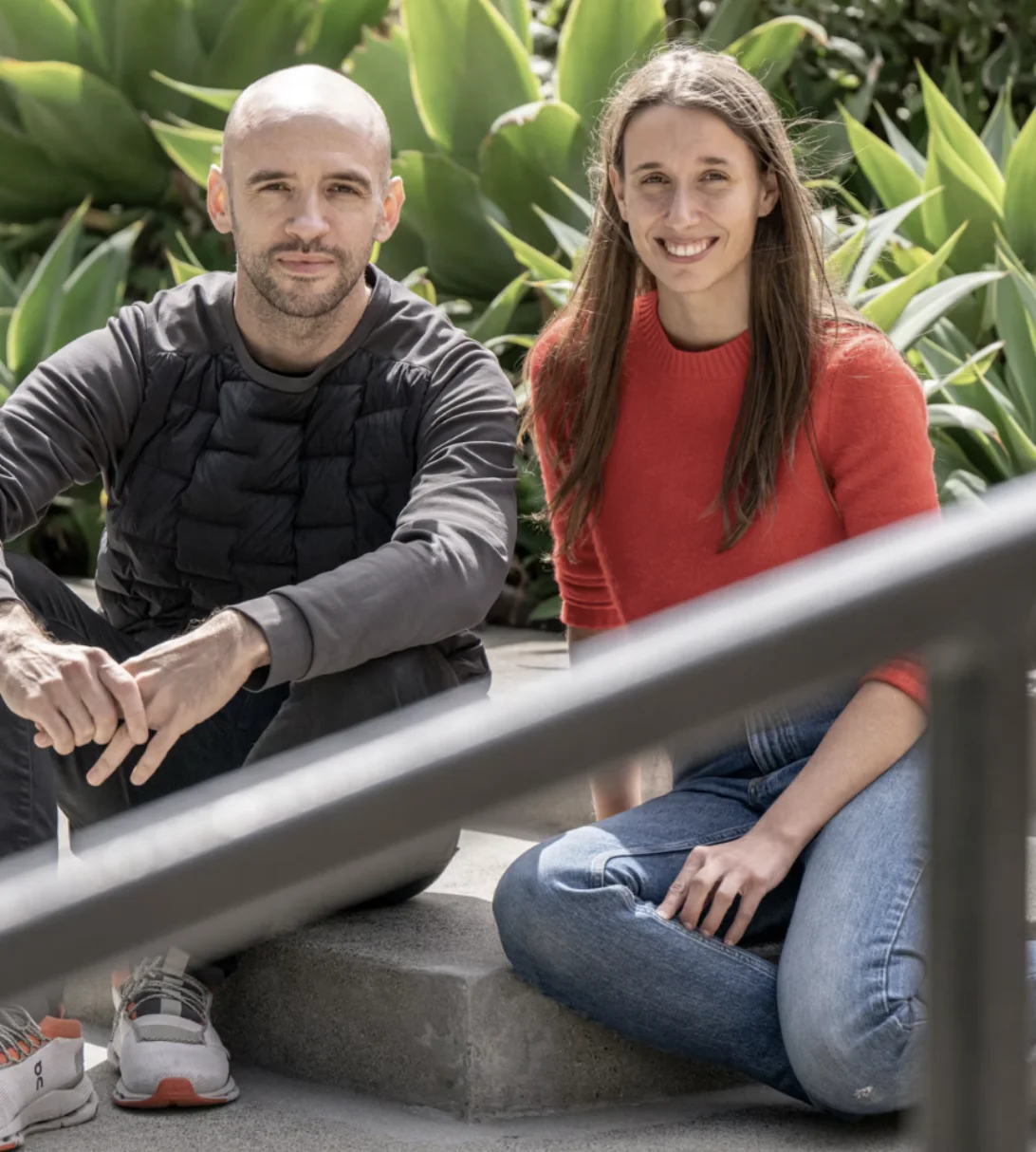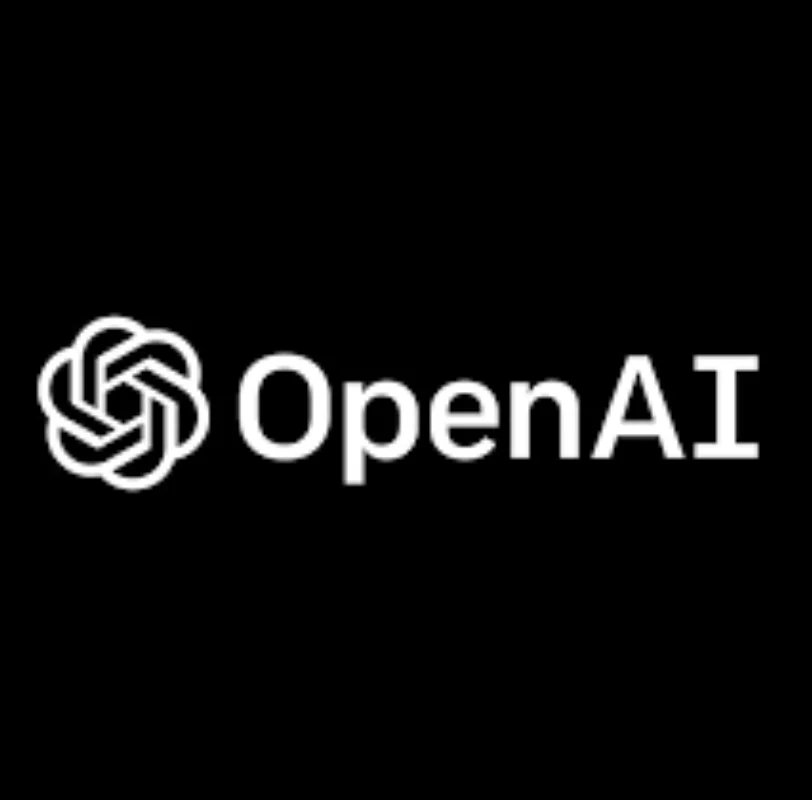The discourse around artificial intelligence (AI) teeters between boundless enthusiasm and cautious skepticism. Figures like Sam Altman, Bill Gates, Stephen Hawking, and Elon Musk — alongside pioneers like Geoffrey Hinton — have raised concerns about AI’s existential risks if not properly regulated. Amid these discussions, the idea emerges that AI, in its nascent stages, might best serve as a brainstormer — a tool for ideation without direct implementation. This concept aligns with the notion that while AI can optimize efficiency, it remains ill-equipped to navigate the moral quandaries inherent to human experience. The technology’s true challenge lies in developing systems capable of managing uncertainties in their objectives to prevent extreme or undesirable outcomes.
Alan Patricof, co-founder and chairman of Primetime Partners, contributes significantly to this conversation in a recent interview, especially regarding AI’s impact on various sectors.
“I think this is the most significant inflection point,” said Patricof on AI’s emergence, stressing its unparalleled influence across all facets of business.
His insights reflect a deep understanding of AI’s transformative potential, not just in technology but in reshaping industries, including those catering to older demographics. Patricof’s venture into areas like non-emergency medical transportation, through companies like SafeRide, showcases AI’s application in enhancing reliability and efficiency, boasting a “99% reliability” in service.
Patricof’s investment philosophy sheds light on a crucial aspect of AI’s evolution — the shift from broad platforms to industry-specific applications.
“AI where it’s applications in particular industries, not necessarily the platforms,” he suggested. This indicates a targeted approach towards leveraging AI for tangible improvements in fields like medicine and retirement planning. This perspective underscores a strategic pivot from generic AI models to solutions tailored to address specific challenges, thereby maximizing AI’s utility without overstepping ethical boundaries.
In addressing AI’s broader economic implications, Patricof underscored the technology’s dual-edged sword — it’s poised to disrupt employment but also create new job avenues. His pragmatic view resonates with the ongoing debate on AI’s role in the future workforce, highlighting the necessity for adaptive strategies that cater to an aging population still active in the job market.
Patricof’s commentary extended beyond AI’s technical and economic impacts, touching on societal shifts necessitated by an aging demographic. His work, aimed at enhancing the lives of older adults through technology, aligns with the broader conversation on AI’s role in society. It’s not merely about harnessing AI for operational efficiency but also about leveraging technology to improve quality of life, especially for those in their twilight years.
As AI continues to evolve, the dialogue surrounding its development and application becomes increasingly complex. Patricof’s insights contribute to a growing body of thought that advocates for a cautious yet optimistic approach to AI. By focusing on industry-specific applications and acknowledging the technology’s limitations, especially in ethical considerations, there’s potential to harness AI’s power responsibly. The challenge lies in balancing innovation with caution, ensuring AI serves humanity’s best interests without compromising ethical standards or exacerbating societal inequities.
Featured image: Alan Patricof, Credit: Primetime Partners






